You are here
Back to topChina Bans Imports of Sugar and Wax Apples From Taiwan
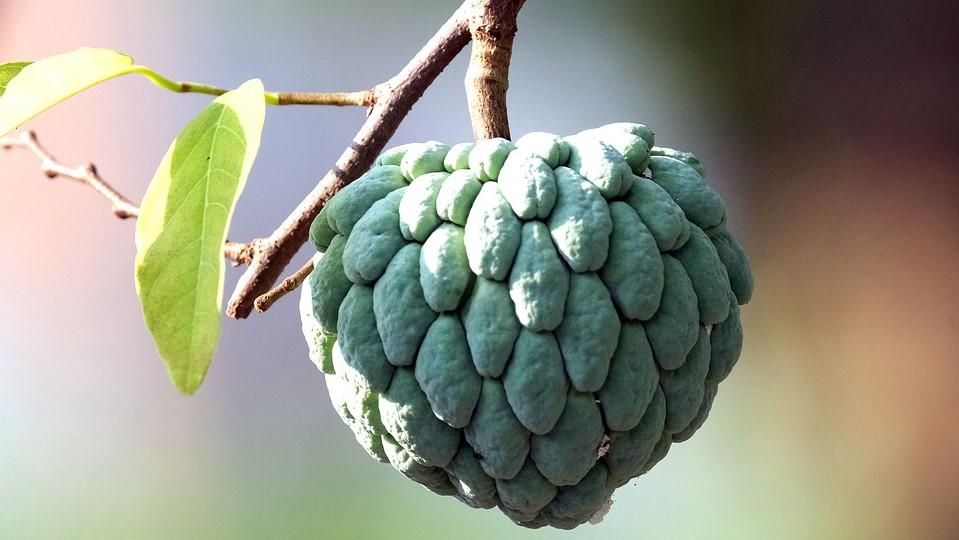
On Sept. 18, China’s General Administration of Customs announced on its official website that it would no longer be accepting customs declarations for sugar apples (Annona squamosa) and wax apples (Syzygium samarangense) from Taiwan as of Sept. 20.
According to the announcement, the suspension is the result of the repeated detection of passionvine mealybugs (Planococcus minor) on imported sugar apples and wax apples shipped to mainland China.
Passionvine mealybugs have been on the GAC’s list of quarantine pests since 2007. This pest is able to affect over 250 species of plants in 80 families, including soybeans, corn, potatoes, flowers and a wide range of tropical and subtropical fruits.
This is not the first time this year that cross-strait fruit imports have been halted by mainland China over contamination with harmful organisms. Pineapples from the island are still subject to an ongoing ban that came into place on March 1, 2021.
Taiwan has historically been heavily reliant on mainland China to consume its pineapples, sugar apples and wax apples. According to data released by Taiwan’s Council of Agriculture, these three items ranked as the top three cross-strait fruit exports from Taiwan in terms of value in 2019. During that year, $64.5 million worth of pineapples, $38.85 million worth of sugar apples and $18.63 million worth of wax apples from Taiwan were sent to the other side of the strait, with exports to mainland China accounting for 96.3%, 97.1% and 98.1%, respectively, of the total export values for these items.
In the first six months of 2021, however, owing to the impact of the pineapple ban, the percentage of pineapple exports sent to mainland China reportedly plummeted to only 14%, causing Taiwan’s pineapple exports to shrink by approximately 30% during this period. The sluggish trading performance of pineapples also severely affected the exports of other types of fruit. In response, trade officials in Taiwan encouraged local consumers to purchase more fruits in an effort to make up for the huge losses to farmers.
Image: Pixabay
This article was translated from Chinese. Read the original article.



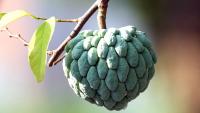
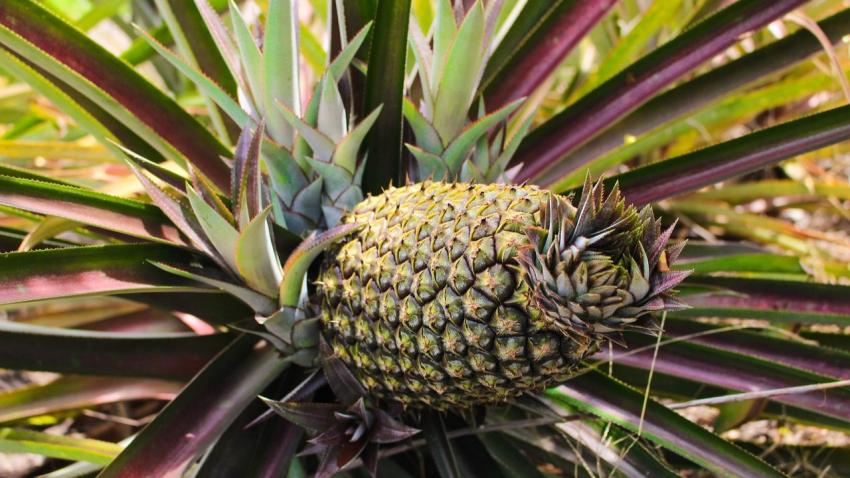
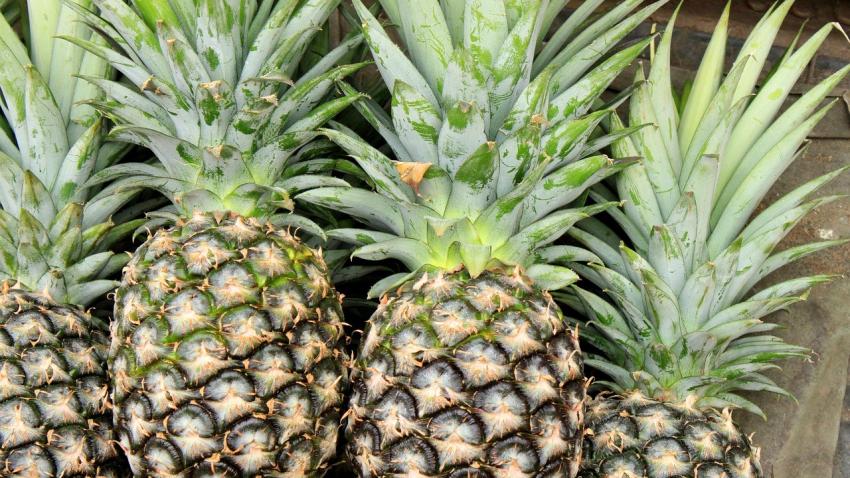
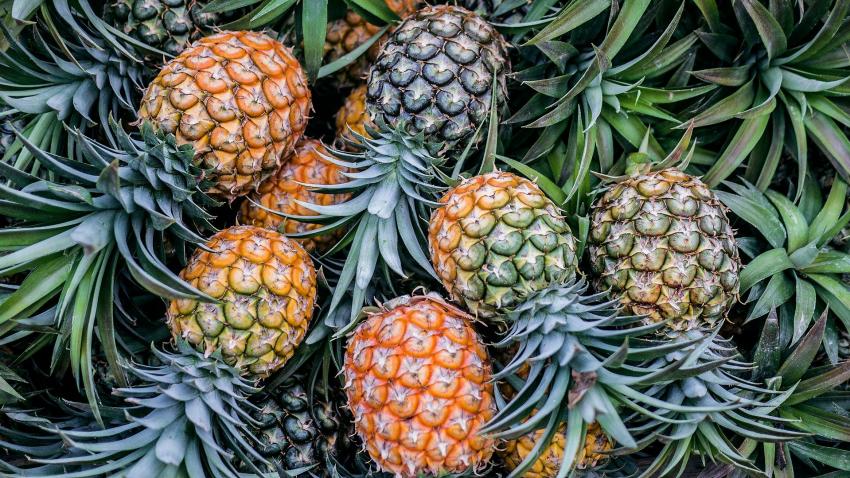
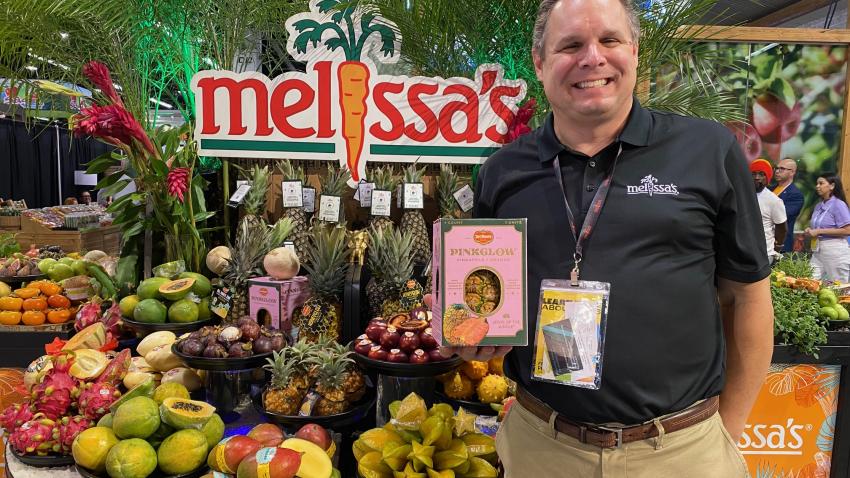







Add new comment